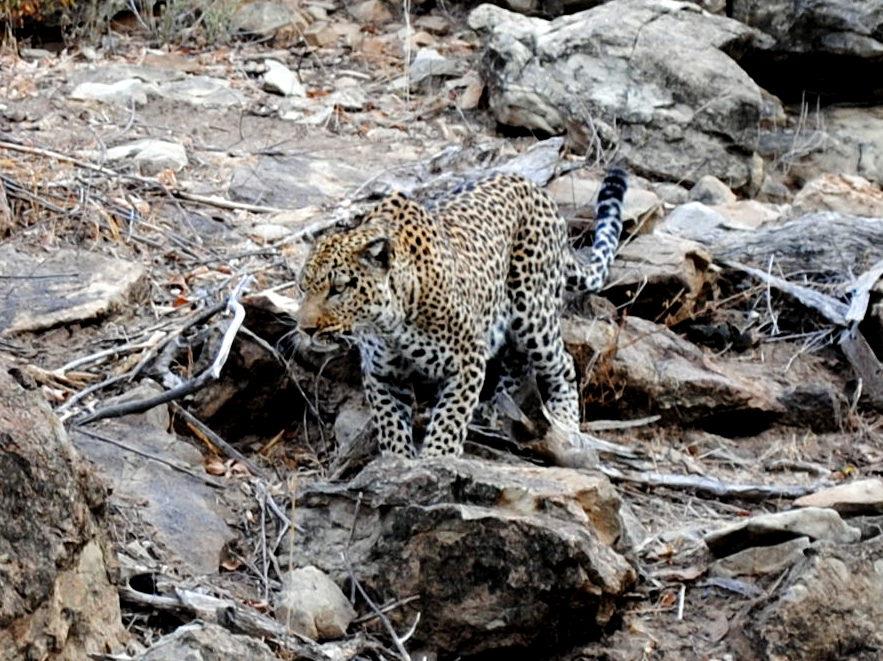Southern Africa is significant in ancient history, although it is often overshadowed by other regions such as Mesopotamia, Egypt, and the Mediterranean in discussions of ancient civilizations.
Southern Africa has a rich and complex history that spans thousands of years and includes the development of indigenous cultures, trade networks, and unique archaeological sites.



Here are five important ancient events in Southern Africa.
- San Rock Art: The San people, also known as Bushmen inhabited Southern Africa for thousands of years and left a significant cultural legacy in the form of rock art. The rock art, created using natural pigments, can be found in various locations across the region and provides insights into the San’s spiritual beliefs, hunting practices, and daily life.
- Early Human Origins: Southern Africa is renowned for its rich archaeological record and fossil discoveries that have contributed to our understanding of early human origins. Sites such as the Sterkfontein Caves and the Cradle of Humankind have yielded numerous hominin fossils, including those of Australopithecus africanus and Paranthropus robustus, shedding light on our evolutionary history.
- Blombos Cave and Early Human Artifacts: Blombos Cave, situated on the southern coast of South Africa, has yielded some of the oldest known artefacts associated with early human behaviour. Excavations at the cave have revealed engraved pieces of ochre dating back around 100,000 years, suggesting symbolic and artistic expression among early human populations.
- Iron Age Settlements: The advent of ironworking and the transition to settled agricultural communities mark significant milestones in Southern Africa’s ancient history. Iron Age settlements emerged across the region from around 500 AD, with communities engaging in farming, cattle herding, and trading activities. These settlements laid the foundation for later kingdoms and states.
- Bantu Expansion: The migration of Bantu-speaking groups from West and Central Africa into Southern Africa, starting around 2000 years ago, had a profound impact on the region. This expansion brought new agricultural techniques, ironworking skills, and cultural practices, leading to the development of diverse Bantu societies and the displacement or assimilation of earlier hunter-gatherer groups.
These events provide a glimpse into the ancient history of Southern Africa and the cultural and technological developments that shaped the region long before the more recent civilizations like Great Zimbabwe and the Mapungubwe Kingdom.


- The Rise of Great Zimbabwe: Great Zimbabwe, an ancient city and kingdom located in present-day Zimbabwe, emerged as a prominent centre of trade and political power from the 11th to the 15th centuries. It played a significant role in regional trade networks, particularly in gold and ivory, and served as a hub for cultural and artistic expression.
- The Mapungubwe Kingdom: The Mapungubwe Kingdom, situated in present-day South Africa, thrived from the 9th to the 13th centuries. It was an influential trading society, engaging in long-distance trade with Arab and Indian merchants and showcasing remarkable social complexity, including a distinct class system and sophisticated goldwork.
In summary, Southern Africa has a rich and diverse ancient history that encompasses early human evolution, indigenous cultures, trade networks, and the rise of notable civilizations like Great Zimbabwe. While it may not receive as much attention as some other ancient civilizations, it has made significant contributions to our understanding of human history and cultural development.




Leave a Reply
You must be logged in to post a comment.